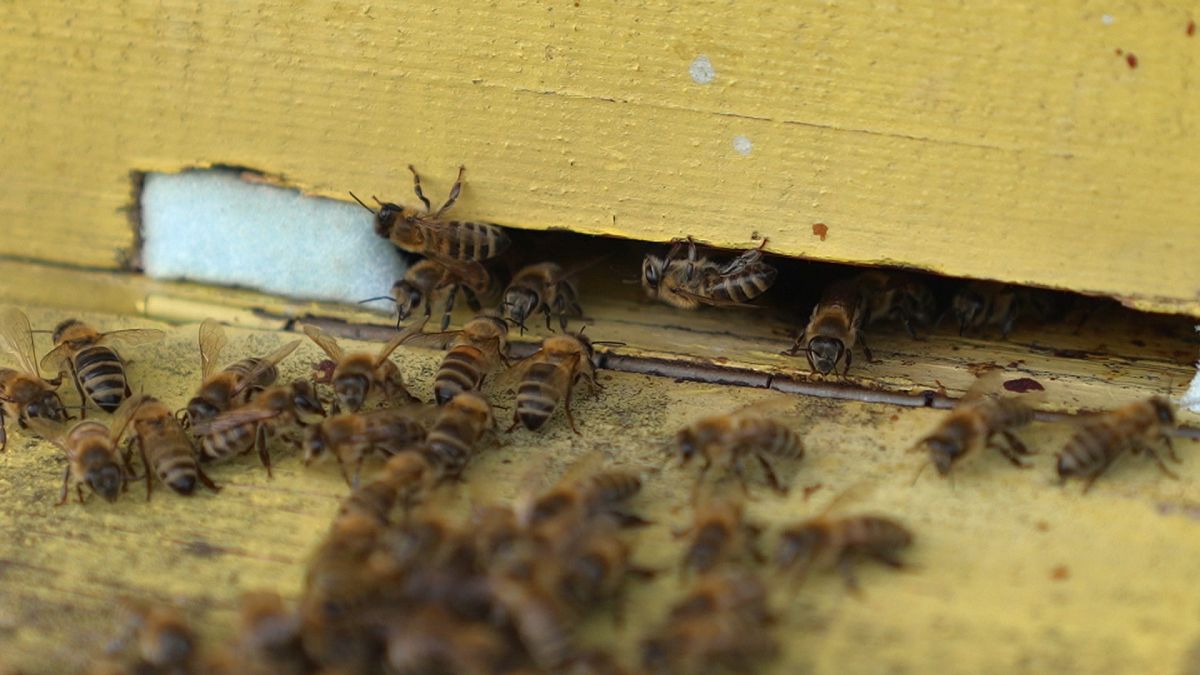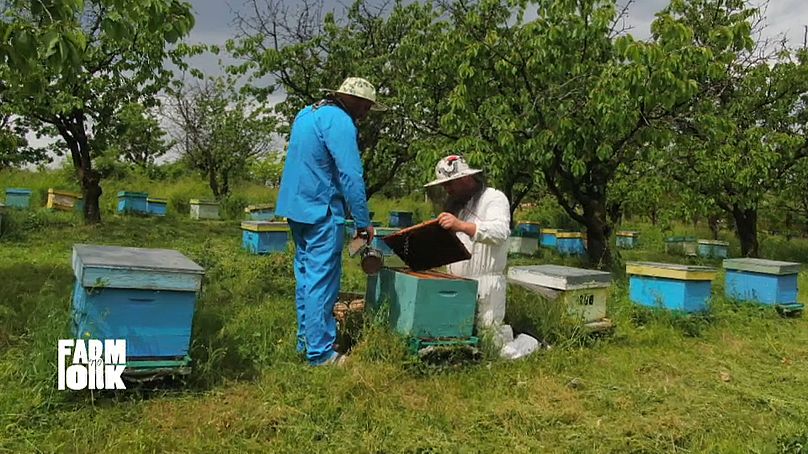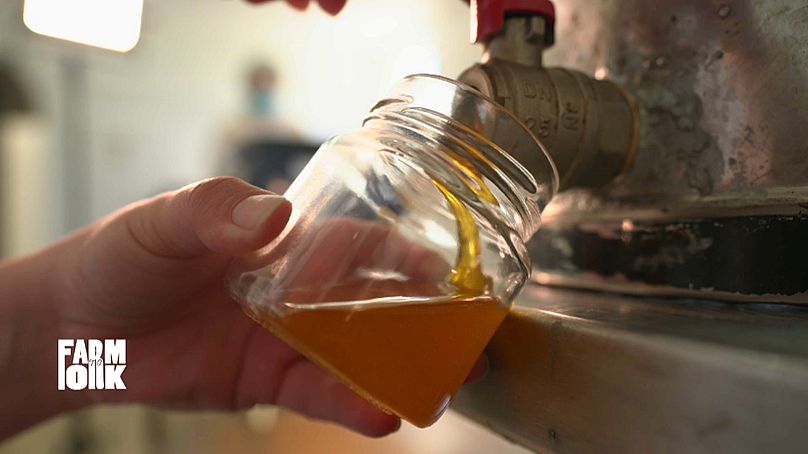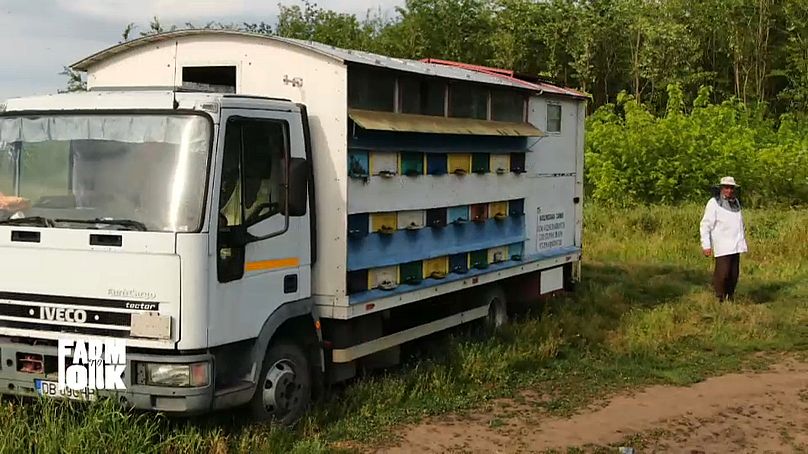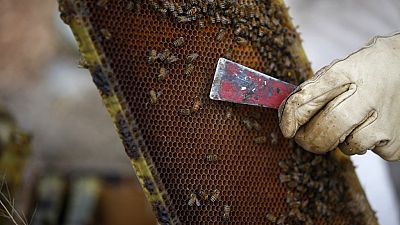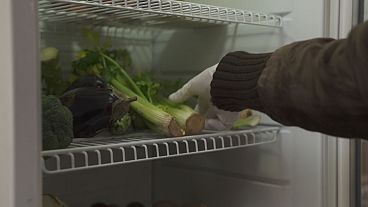Honey is an appreciated natural food with therapeutic properties and today more than ever its production requires eco-sustainable methods to protect bees, biodiversity and the environment.
New efforts to boost the strategic role of bees in agriculture and protect biodiversity are creating a buzz. These small busy workers ensure pollination for over 80% of European crops and wild plants. They also make the fabulous honey that everyone adores and the products we derive from it, like propolis, royal jelly and beeswax. It's estimated that bees contribute at least 22 billion euros to European agriculture every year.
Through the Farm to Fork strategy, the EU is investing in bees. The goal is to protect them and preserve their contribution to sustainable environmental models. To do so, the EU is spending 40 million euros a year to fund specific apiculture programmes. Another 40 million is paid by the EU members themselves.
Romania has the most popular kinds of honey in Europe. This is due to the country's enormous variety of pollen-producing plant species.
In Iasi in Romania, we met a beekeeper, Cristinel Mihaita, who runs a family apiculture business called Apicris Natura. He produces around 400 tonnes of honey a year. To him, taking care of bees means taking care of the environment, as many wild pollinators are threatened by several factors like intensive agriculture, pesticides, pollution and climate change.
Cristinel tells us that his "main priority is to have healthy bees in order to get a good production". He explains that he needs his bee families to be in perfect health and that's why, even if they work in a conventional beekeeping system, they use "only eco-friendly and organic approved treatments".
In Baicoi, just an hour from Bucharest, there's another historic honey producer, Rom Honey Group. The company is a pillar for the rural economy there as it collects honey from dozens of local beekeepers and exports it to the rest of Europe, the Middle East and Asia.
The sustainable approach in Baicoi comes from particular attention to quality standards.
Honey samples are tested and certified not only by Romanian laboratories but also by a specialised structure in Germany. This level of control guarantees the highest quality for consumers.
Andra Nichitean, the general manager at Rom Honey Group, tells us that "the main characteristics of our honey production quality standards are the lack of antibiotics, no adulteration, the proper humidity rate and the use of organic treatment".
To follow the legislation properly, they must preserve all their samples for a period of two years. According to Andra, this is how they have achieved "100% traceability".
Another innovative measure taken by this company is its partnership with ICECHIM, one of the most important research institutes in Romania.
For a long time, honey’s antimicrobial properties and wound-healing powers have been known.
By mixing different types of honey with natural plants, researchers at ICECHIM are focusing on honey’s therapeutic qualities and developing new applications for the medical field. ICECHIM's scientific director, Florin Oancea, tells us more about what they do:
"We had the idea of producing a type of honey enriched with compounds that make it similar to medicine. We obtained those compounds from forest fruit pulp, the pulp that is left over after extracting the juice".
A traditional and constructive practice in the honey-making world is the transhumance of bees.
It consists of moving beehives during the flower season to pollen paradises near fields and forests. The EU is also supporting the management of this practice, as it’s a win-win for honey, the future of the environment and agriculture.
